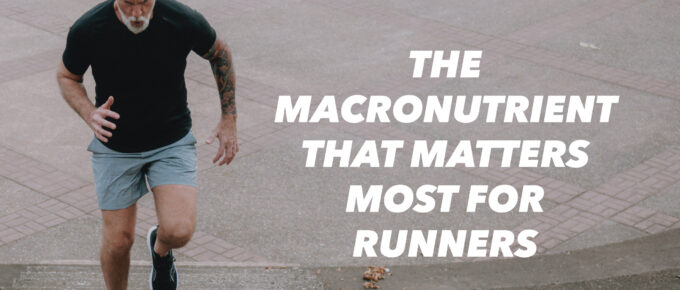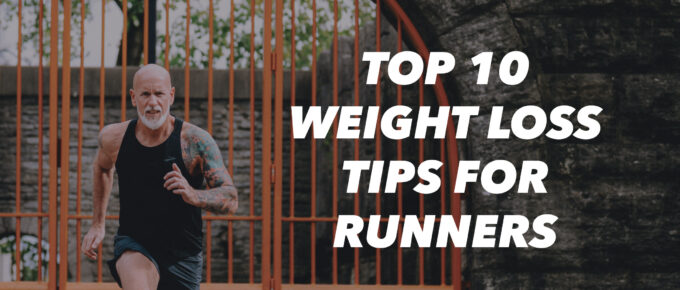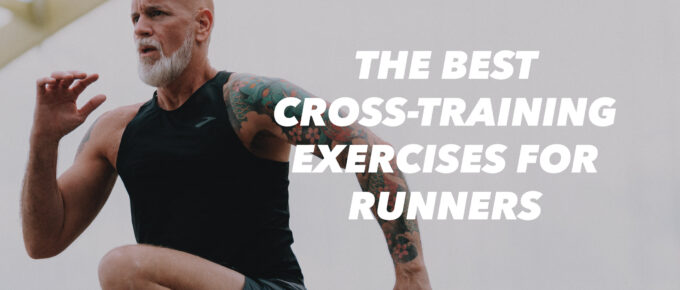It’s that time of the year when every weekend it seems there are a ton of races going on all over the world. And a lot of runners who’ve worked really hard over the last few months will inevitably …
Continue Reading about 249. Avoid These Mistakes and Crush Your Next Race →






